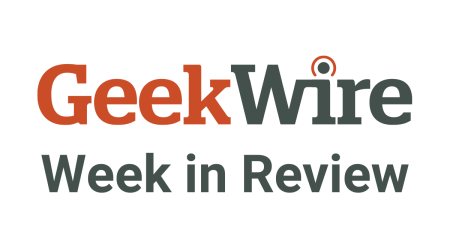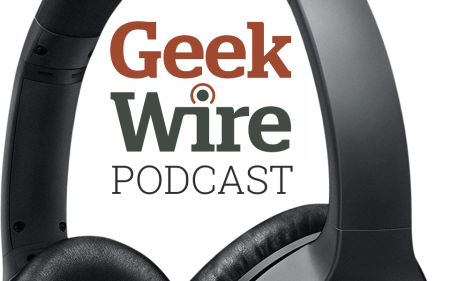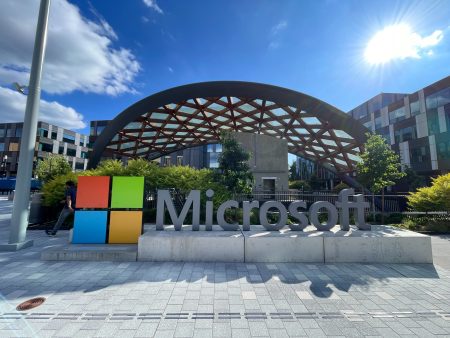Washington Takes Lead in Merger Oversight with New Antitrust Notification Law
Washington state has positioned itself at the forefront of merger regulation with groundbreaking legislation that took effect in July 2025. The law makes Washington the first state to require companies to notify the State Attorney General about certain mergers and acquisitions that already trigger federal antitrust filings. This innovative approach aims to give state regulators an earlier look at potential competition issues across all sectors, including the tech industry which features prominently in Washington’s economy. “Washington is a trailblazer for the rest of the nation in adopting a premerger notification law,” Attorney General Nick Brown stated, emphasizing that “this will allow state antitrust enforcers to protect consumer interests in an even more effective way.” The legislation reflects a growing trend of states taking a more proactive role in merger oversight rather than leaving such matters solely to federal regulators.
The notification requirement applies specifically to companies filing federal Hart-Scott-Rodino (HSR) premerger notices if they meet at least one of three key criteria: their principal place of business is in Washington, they derive at least $25 million (approximately 20% of the federal HSR threshold) in Washington sales related to the transaction, or they are healthcare providers doing business in the state. Companies must submit these notifications simultaneously with their federal filings, and while there’s no additional filing fee, the penalties for non-compliance are substantial – up to $10,000 per day. This approach mirrors recent legislation in Colorado and is based on the Uniform Antitrust Premerger Notification Act, which explicitly encourages information-sharing between states that adopt similar regulations, potentially creating a more coordinated approach to merger oversight across multiple jurisdictions.
Legal experts suggest the law represents an evolution in state-level antitrust enforcement rather than a revolution in merger regulation. Vishal Mehta, an antitrust specialist at K&L Gates, explains that “the main purpose is so state enforcers can have a seat at the table earlier in the process, particularly with respect to transactions that have some sort of local nexus.” This earlier involvement gives state regulators more leverage to examine transactions that might significantly impact local competition. Companies are now advised to carefully evaluate how their proposed deals could affect Washington markets, especially if both parties to a transaction have substantial operations within the state. This evaluation becomes particularly important for the Seattle startup ecosystem and companies looking to acquire Washington-based businesses.
While the notification requirement adds an additional compliance step that could potentially extend merger timelines, attorneys don’t expect it to significantly discourage acquisitions. Jessica Pearlman, a corporate attorney with K&L Gates, believes that “the business case for a deal is still going to exist” despite the additional regulatory hurdle. For most acquiring companies, this represents an extra procedural step rather than a deterrent to pursuing valuable business combinations. However, the law does signal an important shift in how states approach merger oversight, with Washington clearly indicating its intention to play a more active role in reviewing transactions that could impact its local economy and consumers. Companies now face a more complex regulatory landscape where both federal and state authorities may scrutinize their merger plans.
This legislative move follows several high-profile antitrust battles involving Washington state. In 2019, Washington joined other states in challenging the Sprint–T-Mobile merger, which ultimately proceeded despite state opposition. More recently, the state successfully challenged the proposed Kroger–Albertsons merger, which was abandoned after a Washington court ruled against it. These cases demonstrate the state’s willingness to assert its antitrust authority when it perceives threats to local competition. The new notification requirement gives Washington regulators earlier awareness of potentially problematic mergers, allowing them to organize opposition more effectively when necessary. While the filing requirement itself is straightforward, legal experts note that questions remain about implementation details, particularly regarding data-sharing and confidentiality as more states adopt similar legislation.
Washington’s premerger notification law adds to a growing list of compliance and reporting requirements for businesses operating in the state. Recent legislative changes have also included a sales tax expansion on digital services and increases to the business and occupation (B&O) tax. These regulatory developments reflect Washington’s assertive approach to business oversight and consumer protection. As other states watch Washington’s implementation of this pioneering legislation, more may follow with similar requirements, potentially creating a patchwork of state-level premerger notification systems across the country. Legal experts suggest that companies should monitor whether state enforcers focus on particular sectors such as technology or private equity, noting that enforcement priorities may vary depending on the political and economic concerns of individual state governments. As this new regulatory framework takes shape, businesses involved in mergers and acquisitions will need to adapt their compliance strategies to navigate both federal and increasingly active state-level oversight.















